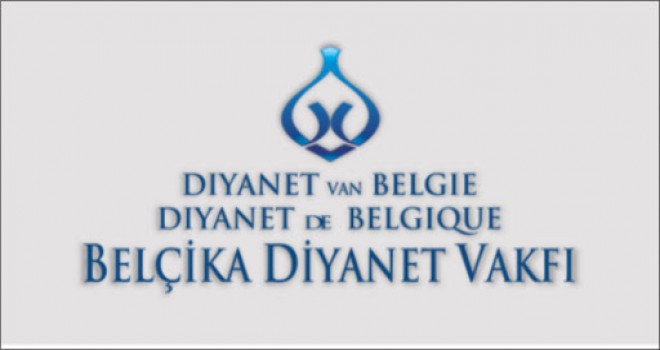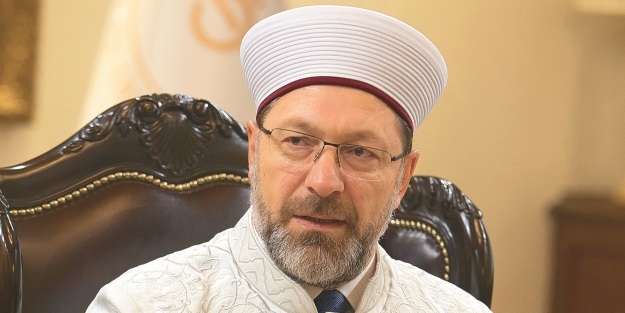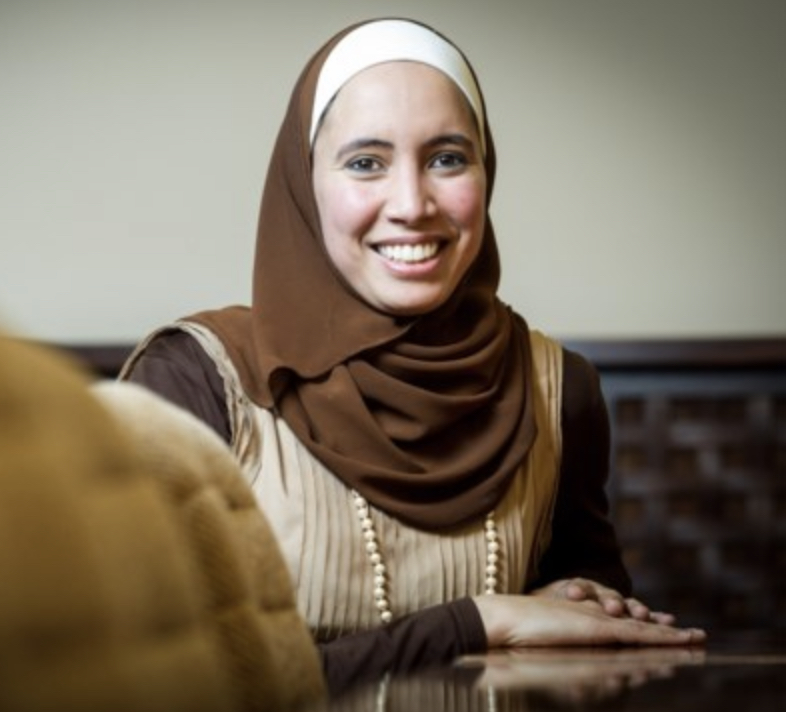Belgian journalist Jan Antonissen has written a series of articles detailing the ties between Russian and the Belgian/Flemish political party Vlaams Belang. According to one article on the close relationship between Putin and Vlaams Belang:
November 14, 2022 Starting in 2015, Vlaams Belang, led by Filip Dewinter, gives full throttle to Russia. They address congresses in Moscow. They monitor fake elections in the Donbas. They bring arms dealers to the International Economic Forum in Crimea. But when Vladimir Putin invades Ukraine in February 2022, they turn their carts around — or at least most of them do. Part two on the close relationship between Vladimir Putin and Vlaams Belang: ‘I didn’t see anything in Russia that looked like fraud.’ Where were we? Oh yes, in 2015, when Gerolf Annemans in the European Parliament decided not to condemn the annexation of Crimea. It gives wings to the Russian group within Vlaams Belang. From now on, there is almost no brake on love for Putin’s authoritarian regime, which in 2014 shot the MH17 passenger plane with 298 occupants out of the sky, took Crimea and started a civil war in the Donbas. In early 2015, Filip Dewinter, in the company of fellow party members Anke Van dermeersch and Jan Penris, visited Syria for the second time. Now he does get an audience with Bashar al-Assad, the dictator who used poison gas against his own rebellious population a year earlier. After the interview with Assad, Dewinter says, “Everyone is gradually realizing that Assad is an ally against Salafism and extremism. From October 2015, the Russian air force will also assist Assad in his fight against extremism. Around that time, Filip Dewinter and his fellow party members Anke Van dermeersch, Christian Verougstraete, Johan Deckmyn, Frank Creyelman, Jan Penris and Erik Tack will be in Moscow for an international congress of the State Duma, Russia’s lower house of parliament. Dewinter addresses the congress and, with a wall-to-wall smile, takes a picture with the Duma’s president, Sergei Narishkin. Narishkin is a silovik; he is part of the absolute elite in the Kremlin. After the capture of Crimea, he is blacklisted by the United States, Europe and Canada. Later, he will head Russia’s foreign intelligence services. [Translated from Dutch with DeepL]
Read the rest here. [Paywall]
Vlaams Belang (Vlaams Blok; renamed Vlaams Belang after a legal conviction for racism in 2004 ) is a Flemish populist radical-right political party. It was founded following a split in the Volksunie (VU) party after the right-wing separatist and national conservative wing became unhappy with the VU party’s compromise of Belgian federalism over Flemish interests and what they saw as the VU’s shift to the left. According to an academic study:
Since the early 1990s, the Flemish populist radical-right party VB has been an important player in Belgian politics. Founded after the split of the more radical nationalist and rightist wing from the nationalist Volksunie (People’s Union) in the late 1970s, the VB became one of the most successful populist radical-right parties in Europe, although its heyday seems to have been from the early 1990s until the mid-2000s.
Read the rest here.
Belgian media has reported on the resurgence of Vlaams Belang in the 2019 Belgian federal elections:
Vlaams Belang is a far-right party that strongly pushes an anti-immigrant agenda. During Belgium’s federal elections in 2019, the party won 18.5% of the votes – jumping up 12.6% from its last election results in 2014. Previously isolated by the political cordon sanitaire — the refusal of all political parties in Belgium to cooperate with another political party — Vlaams Belang came second to N‑VA, which got 24.8%. The cordon sanitaire was imposed against Vlaams Belang (then still named Vlaams Blok) in 1989, and meant that the party was effectively blocked from entering any level of government, as all other political parties agreed not to form a coalition with them, citing the party’s racist rhetoric.
Read the rest here.
The Global Influence Operations Report (GIOR) announced late last month a shift in focus on Russia from coverage of its influence operations in general to Russia and the Global National Conservative Alliance (GNCA) in particular. As discussed in the GIOR report “The National Conservatism Alliance: An Opportunity for Russian Influence,” the GNCA is centered on national sovereignty, cultural identity, and opposition to global institutions. Of late, Russia, under its President Vladimir Putin, is attempting to position itself as the leader of the GNCA, and many countries and leaders tied to the GNCA are sympathetic to Russian and its positions. In Europe, the GNCA is being spearheaded by Hungary under its Prime Minister, Viktor Orban. In the US, it represents a potentially radical change for the US conservative movement away from long-held Reagan-era philosophies.









COMMENTS